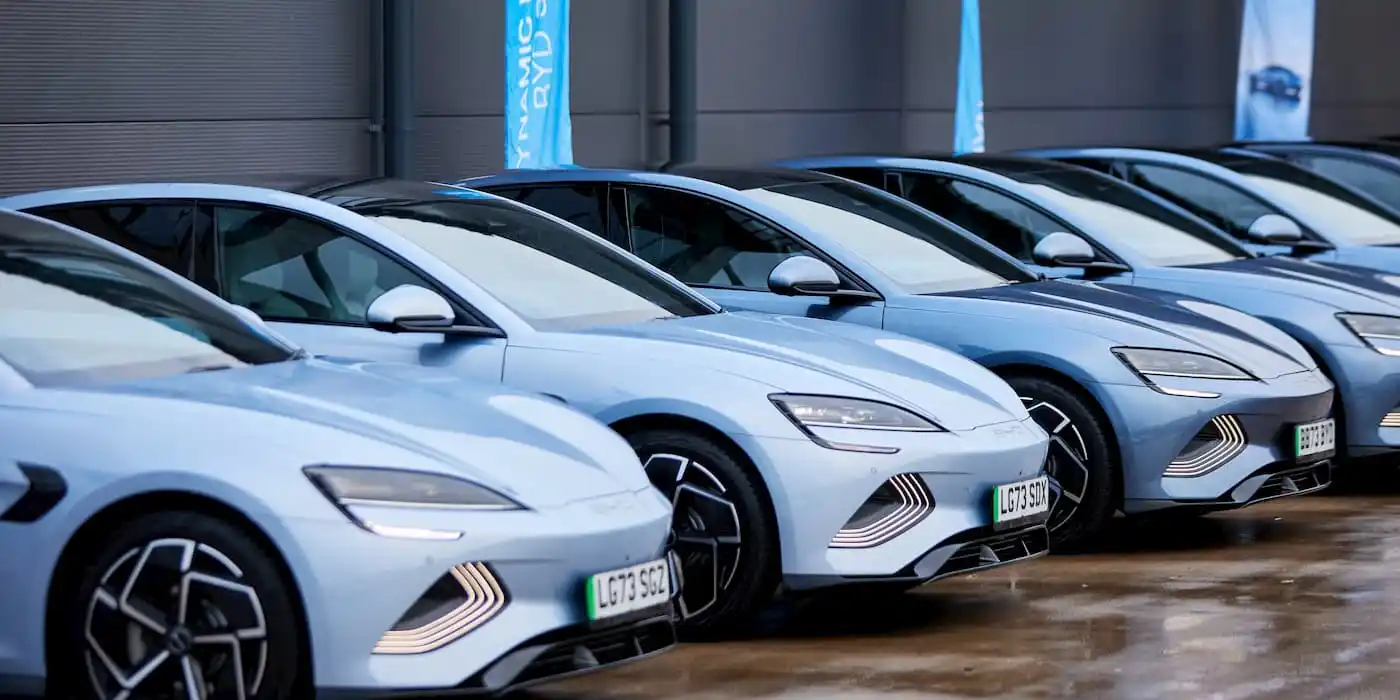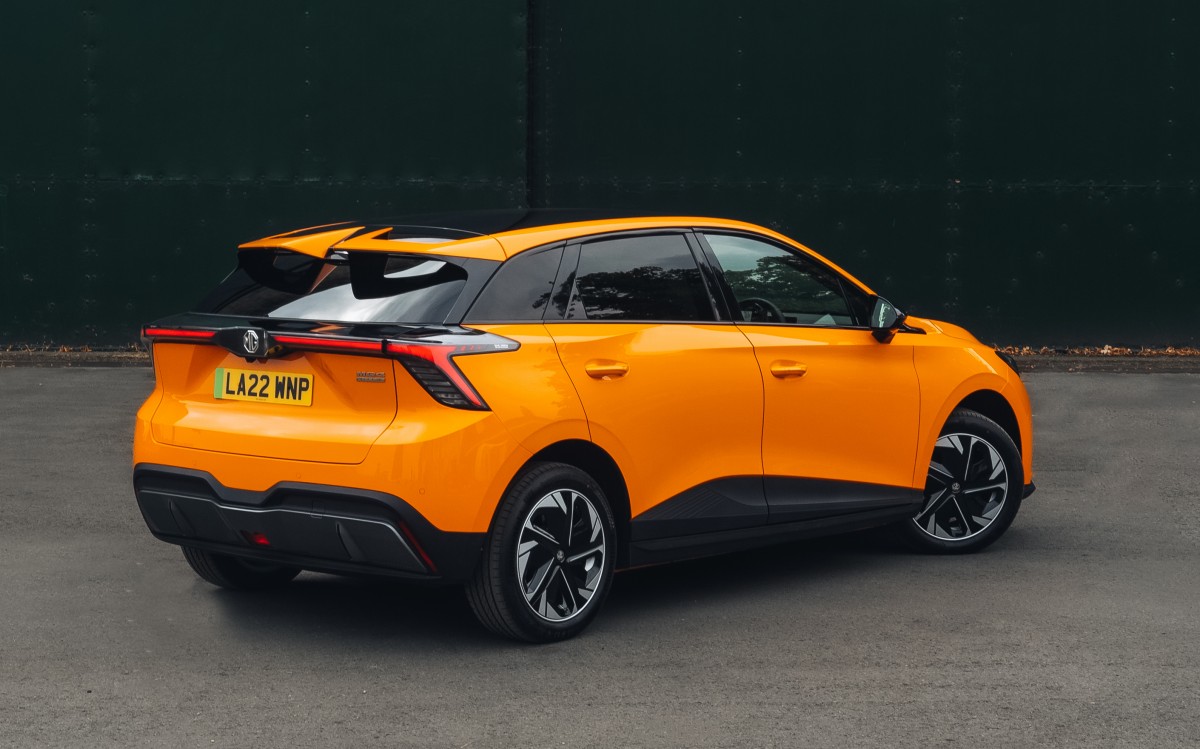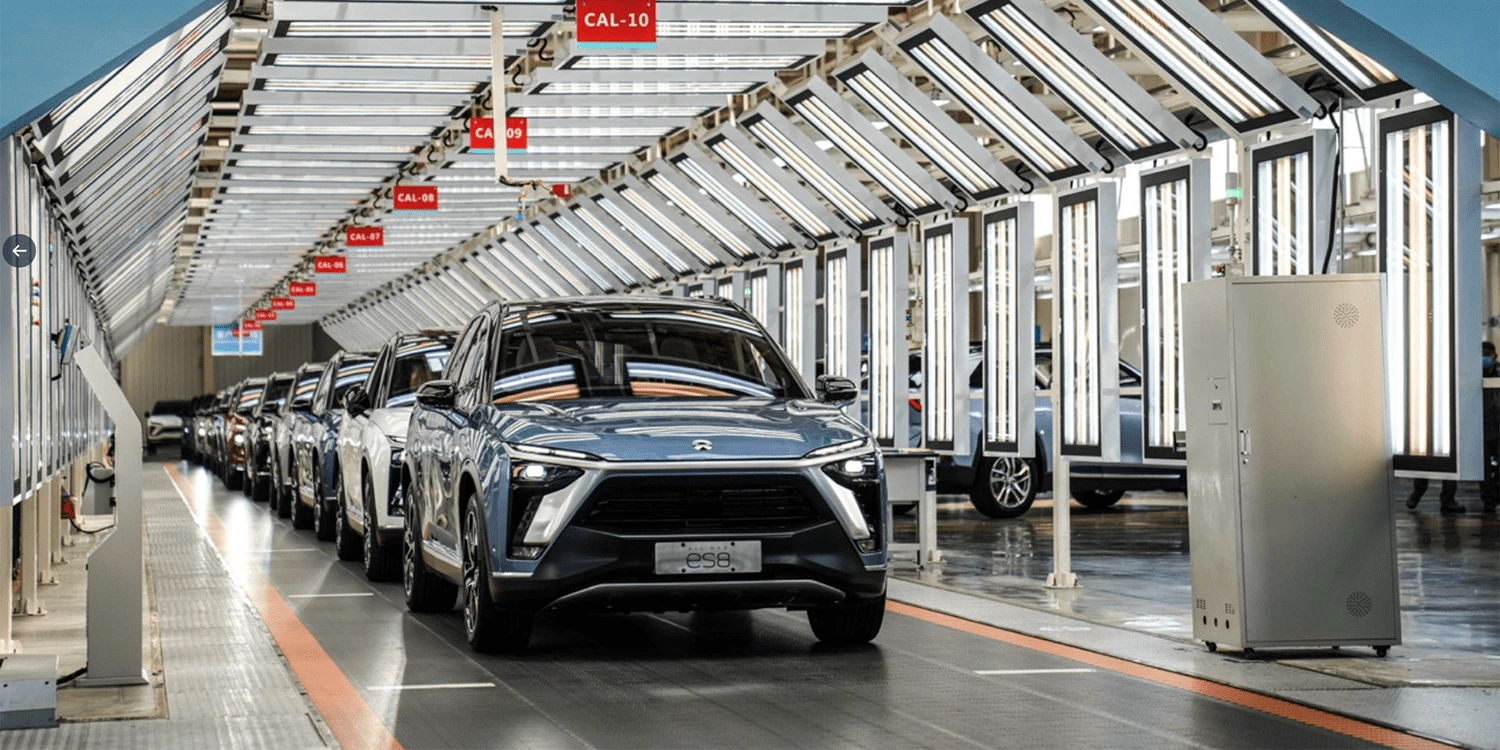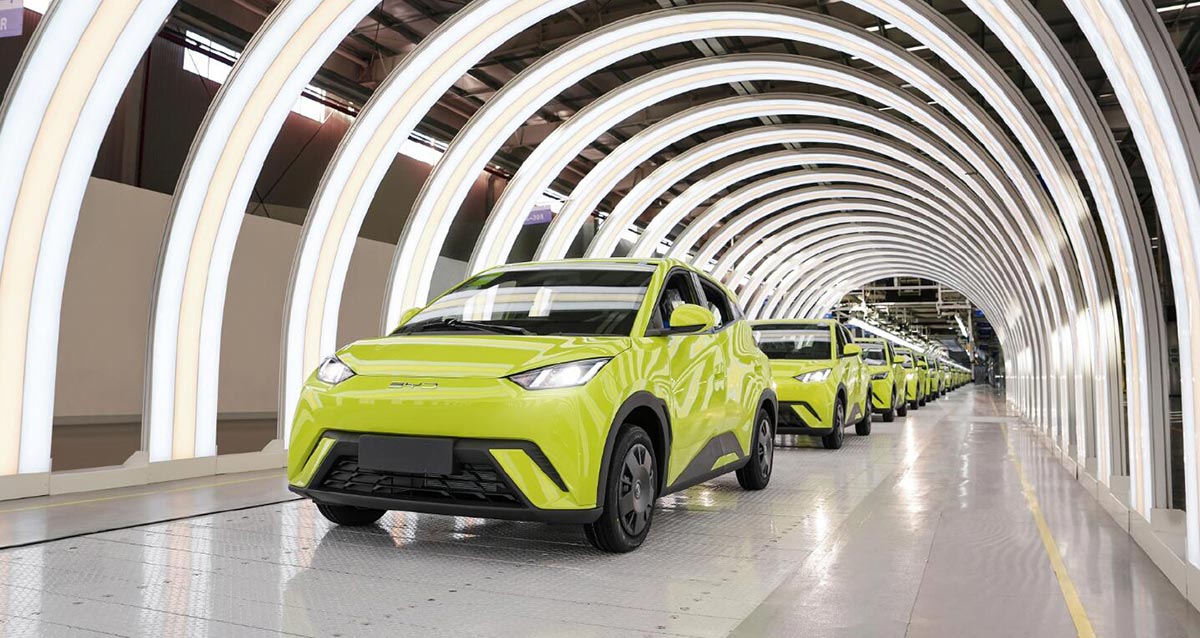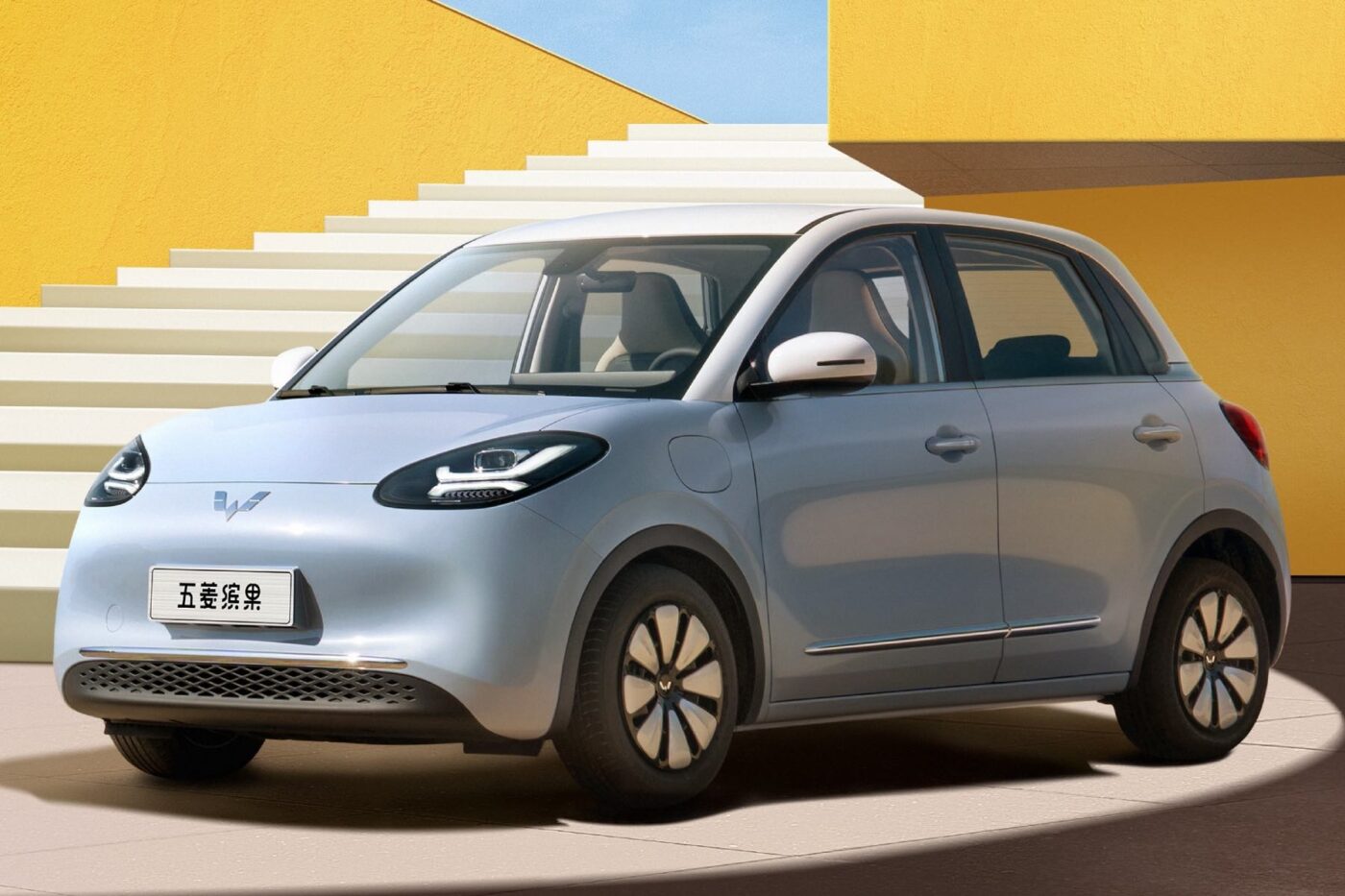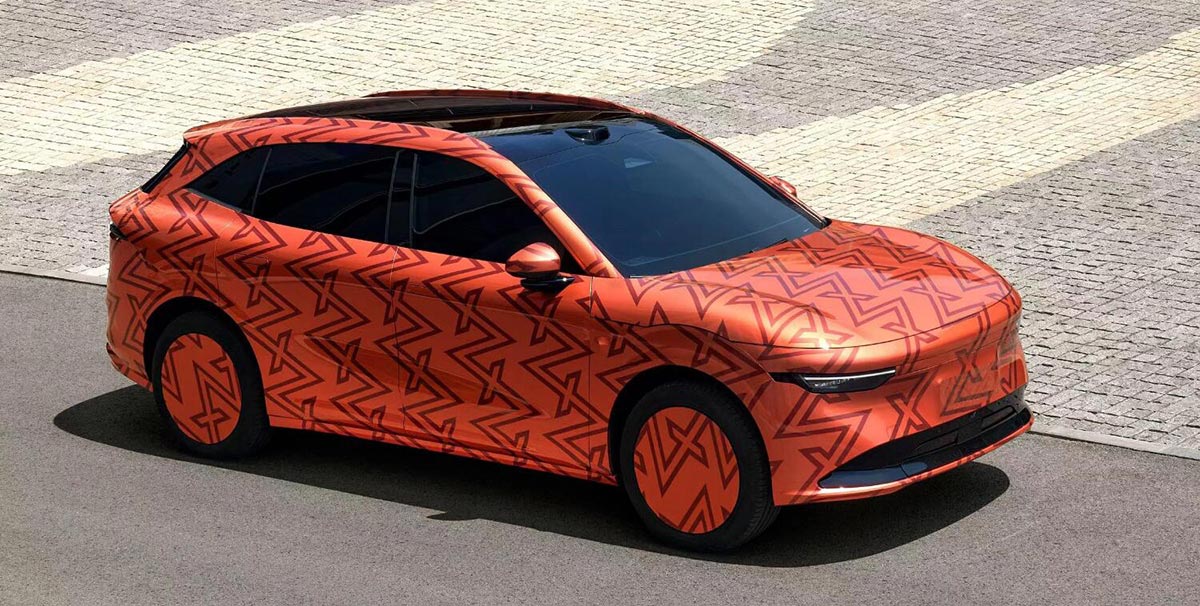The European Commission has confirmed the imposition of substantial tariffs on battery electric vehicles (BEVs) imported from China, effective July 5, following a nine-month investigation into alleged unfair subsidies. This decision is expected to reshape trade relations with Beijing and may prompt retaliatory measures against European manufacturers.
The investigation revealed extensive subsidies across the supply chain of Chinese BEVs, covering everything from raw material extraction to shipping services. These subsidies, officials stated, enable Chinese producers to offer BEVs at significantly lower prices than their European counterparts, where production costs are higher due to energy and labor expenses. The price disparity has led to a rapid increase in imports of Chinese-made BEVs, with market share rising from 3.9% in 2020 to 25% by the end of 2023.
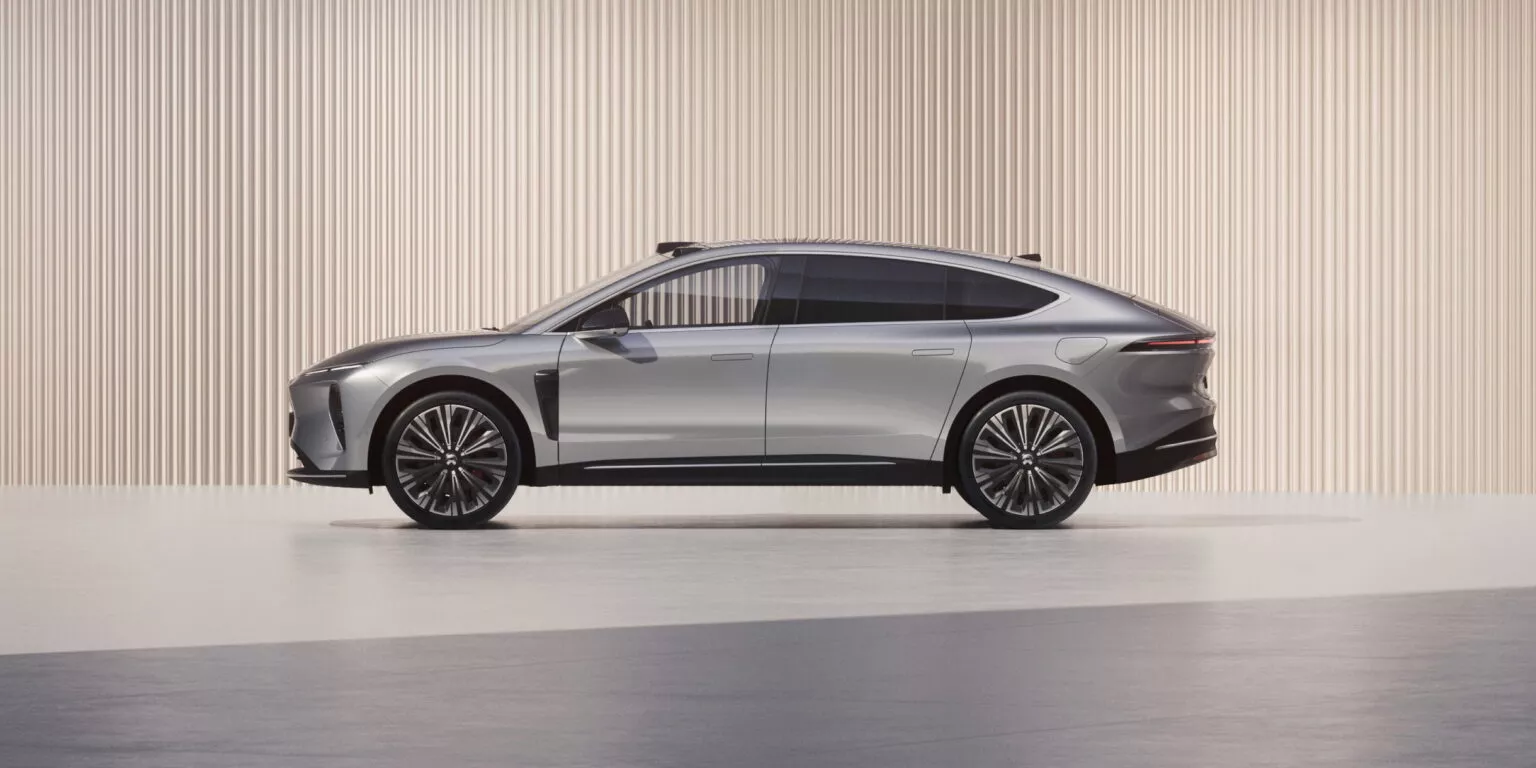
“This wave of low-cost imports represents a threat of economic injury to the EU industry that could lead to devastating losses and put at risk more than 12 million direct and indirect jobs,” warned the Commission, justifying the need for tariffs to counteract the competitive imbalance.
The newly published decision outlines differentiated tariffs based on the parent company, annual turnover, and the suspected amount of subsidies received. These tariffs will be added to the existing 10% rate and include:
- BYD: 17.4%
- Geely: 19.9%
- SAIC: 37.6%
- Other BEV producers in China that cooperated in the investigation, including Tesla and BMW: 20.8%
- Other BEV producers in China that did not cooperate: 37.6%
Initially, the measures will be provisional, with customs authorities requesting bank guarantees from Chinese exporters, meaning consumers might not immediately notice price changes. Member states will hold a non-binding vote in two weeks to gauge political sentiment, with a final decision expected in four months. The tariffs could be blocked if 15 member states representing 65% of the EU’s population oppose the proposal.

Germany and Hungary, both with significant economic ties to China, are likely to oppose the tariffs. The German Association of the Automotive Industry (VDA) expressed concerns, stating, “Tariffs are not an adequate measure to strengthen competitiveness” and warned of a potential “lose-lose situation,” particularly for joint ventures like those between Volkswagen and SAIC.
In contrast, France and Italy support the additional levies, suggesting a contentious political battle leading up to the November vote. Meanwhile, Brussels and Beijing will engage in discussions to seek solutions that could prevent the permanent implementation of tariffs.
“What the EU wishes for is a solution. It is not the introduction of tariffs. The introduction of tariffs is not an objective per se; it is a means to correct an imbalance and unfair competitive situation to the detriment of producers of electric vehicles in the EU compared to those who are producing in China,” a Commission spokesperson said.
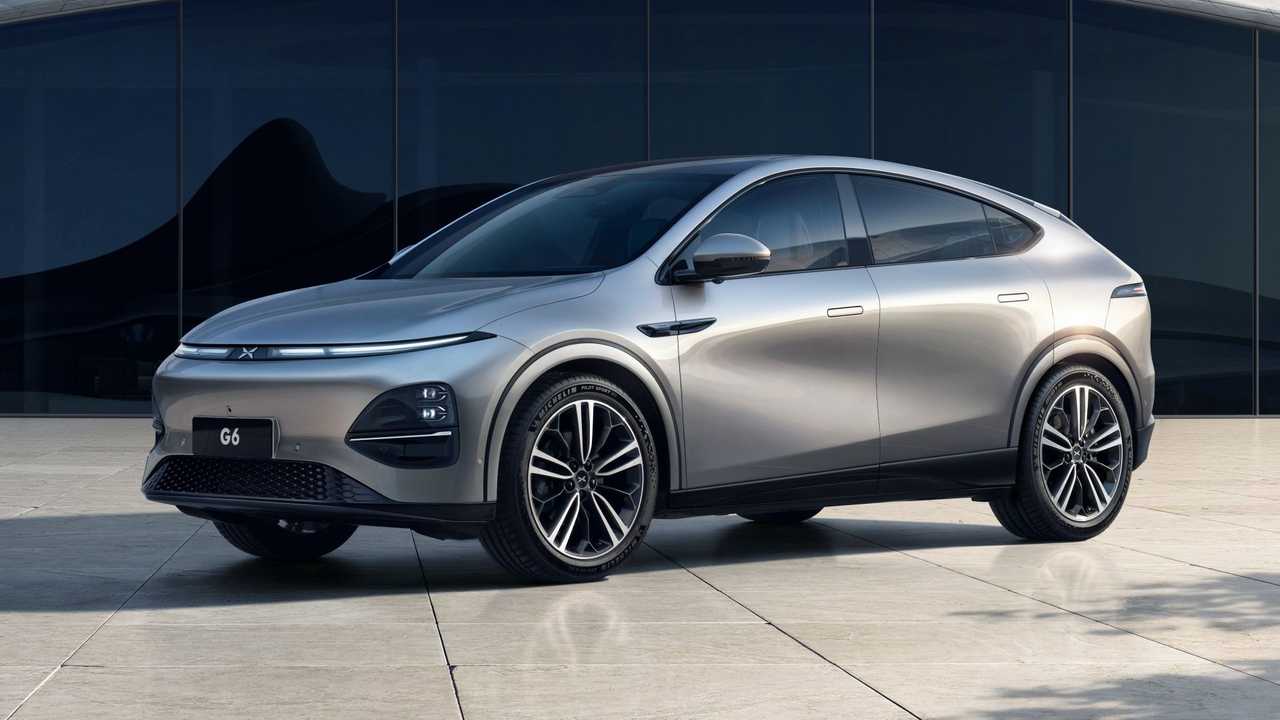
However, hopes for a breakthrough remain low. Beijing has vehemently contested the investigation, describing it as a “naked protectionist act” and pledging to “take all necessary measures” to defend domestic companies. Last month, China’s Ministry of Commerce initiated an anti-dumping investigation into pork imports from the EU, viewed as a precursor to retaliation.
“There is still a four-month window before arbitration, and we hope that the European and Chinese sides will move in the same direction, show sincerity, and push forward with the consultation process as soon as possible,” said a spokesperson from China’s Ministry of Commerce.
The China Chamber of Commerce to the EU expressed deep disappointment, stating the decision was “driven by political factors” and would “harm consumer interests.”
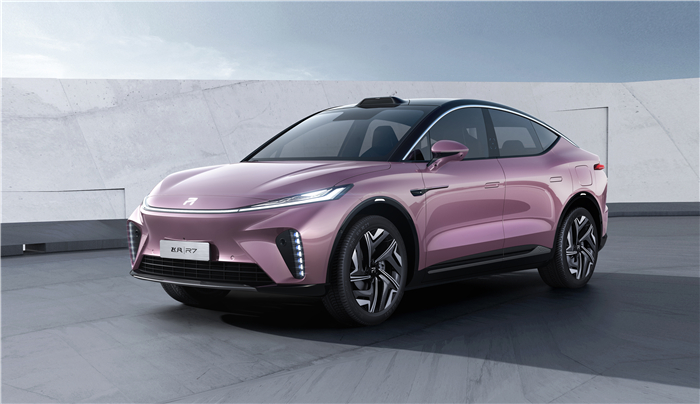
The anti-subsidy investigation is one of the most significant in recent history and comes at a time of strained EU-China relations over issues such as Russia’s invasion of Ukraine, tensions in the Taiwan Strait, the repression of the Uyghur minority, and disinformation campaigns.
“We have not forgotten how China’s unfair trade practices affected our solar industry. Many young businesses were pushed out by heavily subsidized Chinese competitors,” said European Commission President Ursula von der Leyen in September when announcing the BEV probe. “This is why fairness in the global economy is so important – because it affects lives and livelihoods. Entire industries and communities depend on it. So, we have to be clear-eyed about the risks we face.”

